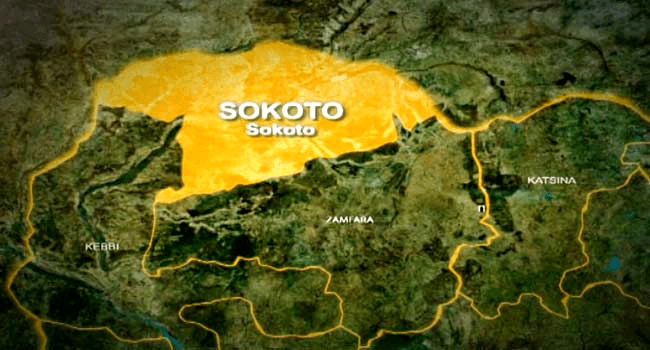By Umar Danladi Ado, Sokoto
Concerned over the deteriorating state of Quranic education and the growing social challenges associated with it, stakeholders in Sokoto State have called for a total reform of the Almajiri and Islamiyya education system to make it more inclusive, structured, and sustainable.
The call was made during a stakeholders’ dialogue organised by the Sokoto Advancement Forum (SAF) at the Sultan Muhammad Maccido Institute for Qur’anic Research and General Studies in Sokoto, where scholars, teachers, civil society groups, lawmakers, and traditional leaders gathered to discuss a new direction for the system.
Speakers at the event urged governments at all levels to partner with Islamic scholars and communities to transform Almajiri and Islamiyya education into a model that balances moral instruction with modern learning.
The Chairman of the Sokoto Zakat Endowment Agency (SOZEA), Engr. Muhammad Lawal Maidoki, suggested that Sokoto emulate Indonesia’s Pondok Almajiri model, which successfully integrates Qur’anic and Western education. He said such an approach could help curb the mass movement of young Almajiris across states and enable them to acquire life skills alongside religious knowledge.
Represented by Alhaji Jabbi Illela Dabore, Director at SOZEA, Maidoki explained that adopting the Indonesian model could “convert the existing problems within the Almajiri system into opportunities for social and economic advancement.”
He noted that the current system, in its unregulated form, has been subjected to abuse, leaving millions of Almajiri children exposed to street begging, hunger, and exploitation.
The Sultan of Sokoto, Alhaji Muhammad Sa’ad Abubakar, has previously described the Almajiri system as “embarrassing” and called for urgent reforms to address issues of neglect, poor welfare, and the lack of structured learning.
To this end, the Sokoto State Government, in collaboration with UNICEF, civil society organisations, and international partners, has commenced reforms in nine Almajiri schools across the state aimed at improving learning conditions and integrating skill development into the curriculum.
Participants at the forum agreed that any meaningful reform must go beyond rhetoric, focusing on the integration of modern education with Qur’anic studies to equip Almajiris with employable skills and promote peaceful coexistence.
A lecturer at Usmanu Danfodiyo University, Sokoto, Prof. Awwalu Inuwa, called on Qur’anic teachers (malams) to develop a “new, inclusive curriculum” that reflects current realities and prepares learners for life beyond religious instruction.
Also speaking, the Sokoto State Commissioner of Police, Ahmed Musa, warned that the lack of reform poses serious security risks. He revealed that intelligence reports show that some Almajiris are being recruited by extremist groups and lured into criminal activities.
“The security implications are real,” Musa said. “When young people are left without care, education, or hope, they become easy targets for exploitation. Reforming the system is not only about education—it is about protecting our future.”
Stakeholders concluded the dialogue with a resolution to intensify advocacy, community engagement, and government support to ensure that Almajiri education evolves into a productive and dignified system aligned with Islam and modern development needs.
